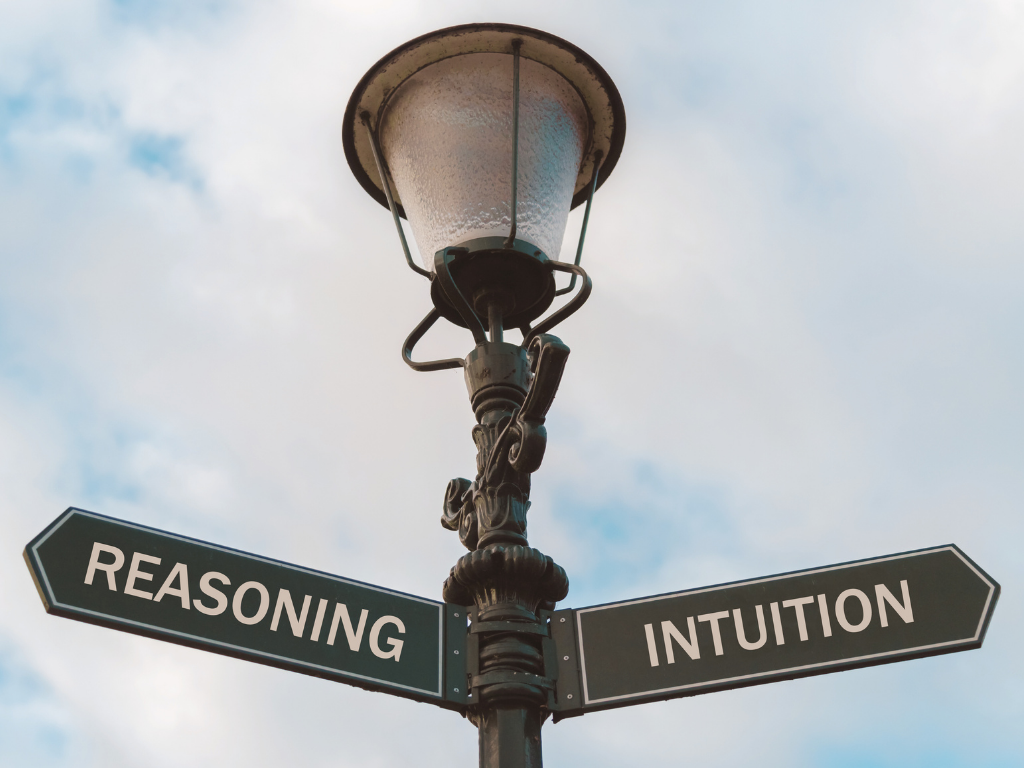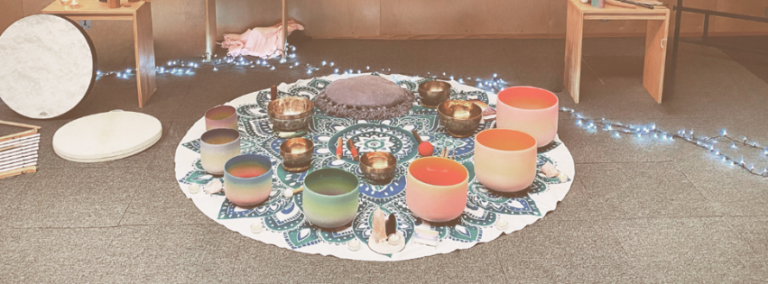What is a psychic reading?
Curious about psychic readings—what they are and how they work? A psychic reading is a consent-led, focused conversation where the practitioner tunes into your energy and offers observations and impressions to help you reflect on patterns, options, and next steps. Psychic readers have different styles and approaches to their practice, for example a practitioner may use props such as cards to prompt insights, or guide the sitter through a meditation to help them relax into the process.

How do psychic readings work?
Ethical readers combine natural intuition with trained skills. While intuitive sensitivity may be “natural,” good practice is developed through study, mentoring/supervision, ongoing practice circles, and ethics training (consent, privacy, boundaries, scope of practice). A psychic reading is collaborative. A good reading leaves you feeling empowered and respected, never lectured—after all, you’re the ultimate authority on your life.
Psychic vs medium: what’s the difference?
People ask about the difference between a psychic and a medium. In simple terms:
- Psychics attune to the energy of the living (present-life themes).
- Mediums focus on communication with those who have passed.
Some practitioners work across both, but it’s useful to know what you’re booking.

Can psychics predict the future?
Short answer: no. Free will matters. A good reader will not promise precise outcomes or timelines—no winning lotto numbers here, sorry—because choices and circumstances change. Ethical readers frame impressions as possibilities, not decrees, and encourage you to stay in charge of your decisions.
How to prepare for a psychic reading
A little preparation helps you get real value from your session:
- Set an intention. What would you like clarity on?
- Arrive willing (not convinced). Curiosity helps the flow.
- Bring a few questions to ask or areas you’d like to explore. This isn’t essential but sometimes the reader will ask you if there’s a direction you’d like the session to take.
- Take notes or record (with permission). Sometimes we forget details or fail to make a connection on the spot. Points made might not make sense until after the reading when you’ve had time to reflect.
- Give yourself time after the reading to let the insights settle. Avoid making quick decisions based on what was covered. Clarity and perspective often continue to unfold over the next few days.
Healthy scepticism (and why it’s helpful)
Scepticism keeps you discerning. It’s useful to be aware of two psychology concepts in particular:
Barnum/Forer effect: we sometimes find personal meaning in statements that are quite general.
In a reading, knowing this can encourage you to ask for specifics you can recognise or verify, so you keep what truly fits and skip what’s vague.
Cold reading: conversational / observational cues can look psychic. Think mentalists. A reader can appear accurate by using leading questions, broad statements, and your reactions (tone, facial cues) to steer the reading.
A thoughtful reader aims for clarity and invites you to correct them; a thoughtful sitter doesn’t feel pressured to make things fit.
Ethics & consent: handling sensitive impressions safely
Ethical practice is consent-first, privacy-respecting, and free-will-centred. Readers avoid medical/legal/financial directives and refer you to qualified professionals when appropriate.
Negative predictions? Responsible readers avoid fear-based declarations (e.g., illness, death, disaster). Why? Expectations can influence behaviour and wellbeing. Remember, it is impossible to predict the future with certainty.

Instead of dramatics, an ethical reader will translate concerning impressions into gentle, practical prompts such as suggesting a routine health check with a medical professional, taking time out to rest, or spending quality time with a loved one. This framing keeps you informed and empowered without hanging harrowing possibilities over your head.
How often should I get a reading?
There’s no rule. Occasional readings can be helpful during times of transition, some people find monthly sessions helpful, especially when they are working on their own intuitive development. In any case, be sure to leave space between readings to digest, validate, and act. Importantly, avoid dependency—readings are one input, not a replacement for your own judgment.
Is it okay to gift a reading?
Only if the person is genuinely open to it. Consent matters. Being energetically closed can hamper a reading, and surprise gifts can land poorly.
Choosing an ethical psychic reader
You may want to look for the following:
- Clear ethics (consent, boundaries, privacy, scope of practice)
- Formally trained (preferable)
- No guaranteed predictions, no fear tactics, no pressure-selling
- Welcomes feedback and emphasises your free will
- Clarity on pricing and session length upfront
FAQs
What is a psychic reading?
A consent-led intuitive session where the reader tunes into your energy and shares observations to help you reflect on patterns, choices, and next steps.
How do psychic readings work?
Readers combine natural intuition with trained skills—practice, mentoring, and ethics—to offer grounded insights (not fortune-telling or mind-reading).
What’s the difference between a psychic and a medium?

Psychics focus on the energy of the living; mediums focus on communication with those who have passed.
Can psychics predict the future?
Ethical readers emphasise free will. The future isn’t fixed; insights are possibilities, not decrees—no crystal balls or lotto numbers.
How should I prepare for a psychic reading?
Set an intention, bring open-ended questions, arrive willing (not convinced), and feel free to take notes.
What are good questions to ask a psychic?
Use action-oriented prompts like “What might help me move through this transition with more ease?”
Are psychic readings accurate?
Accuracy varies. Being aware of the Barnum effect and cold reading helps you stay discerning. A good reader is specific wherever possible, invites feedback, and avoids deterministic claims.
Is it safe to get a psychic reading?
Yes, when consent-led and ethically delivered. A responsible reader won’t diagnose or direct medical / legal / financial matters. It is ultimately up to you what to take on board.
How often should I get a reading?
As needed—especially at transitions. Allow time to integrate; avoid dependency.
Is it okay to gift a reading?
Only to someone who is openly willing. Consent and comfort are key.
Curious to try a psychic reading?
You’re welcome to explore a session with me. I like to bring a therapeutic approach to psychic work and am particularly interested in empowering your intuition, helping you recognise and trust what you already know deep down so your next steps are truly your own.
Book your online session here:
Select “Online Sessions”.









